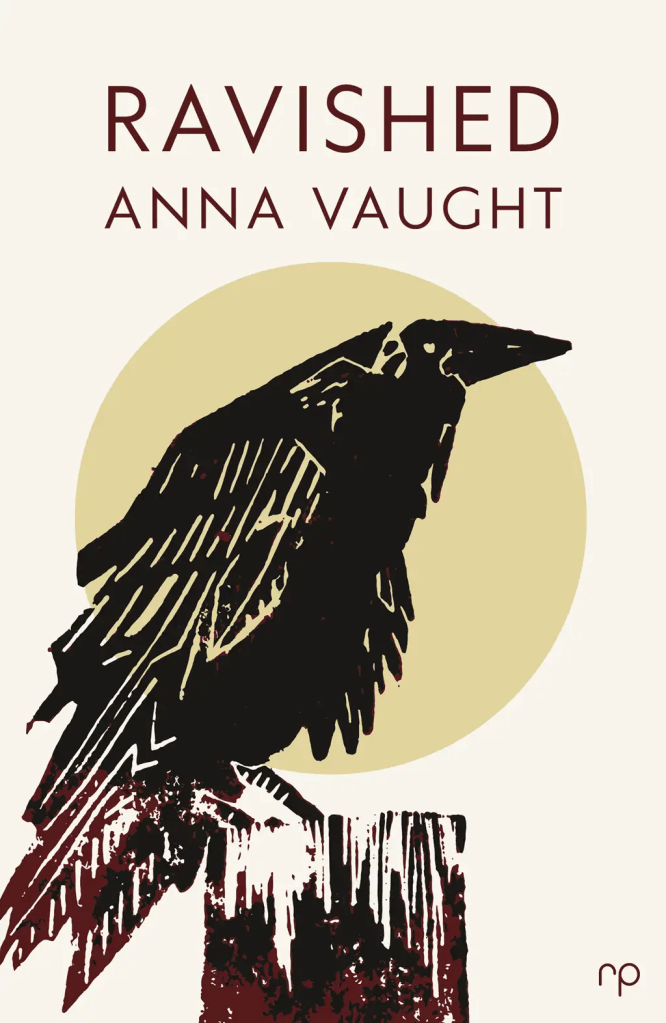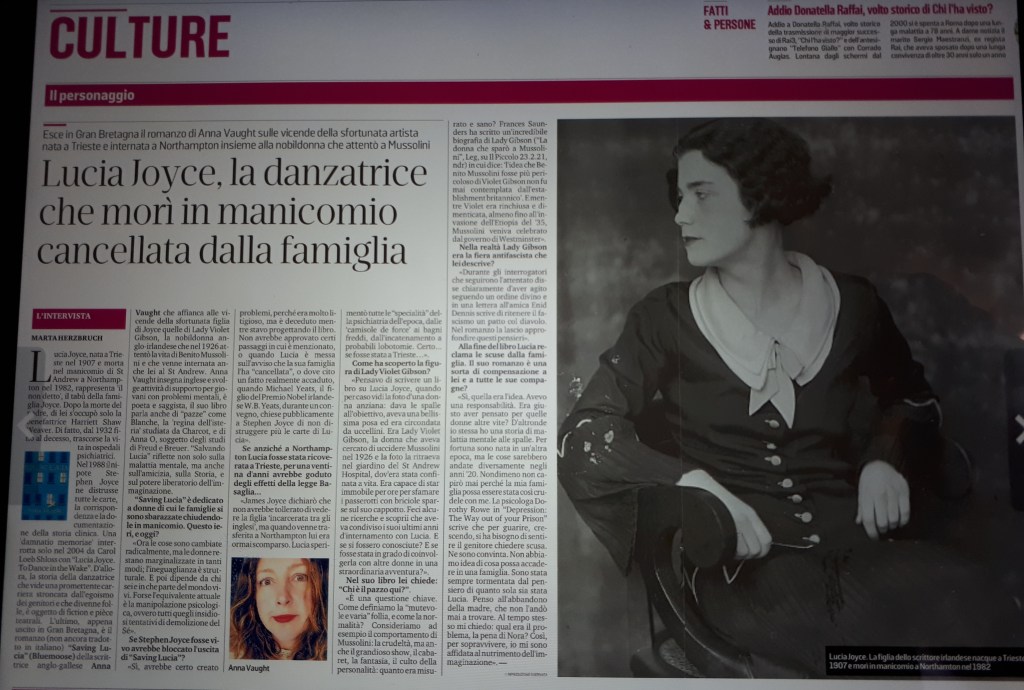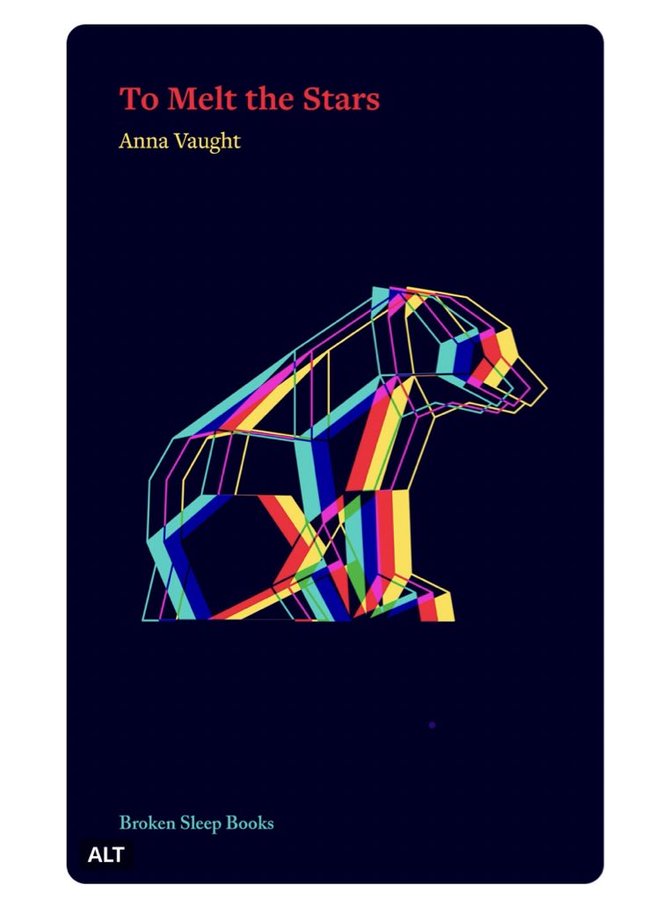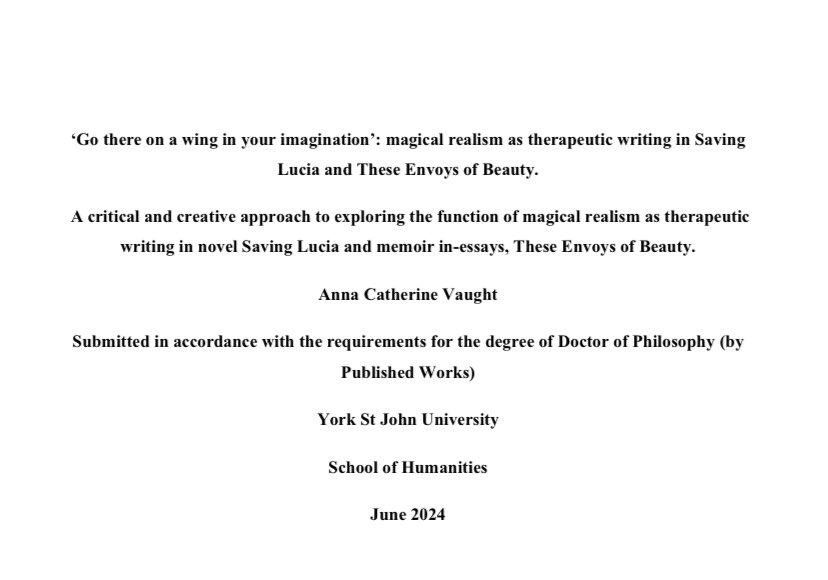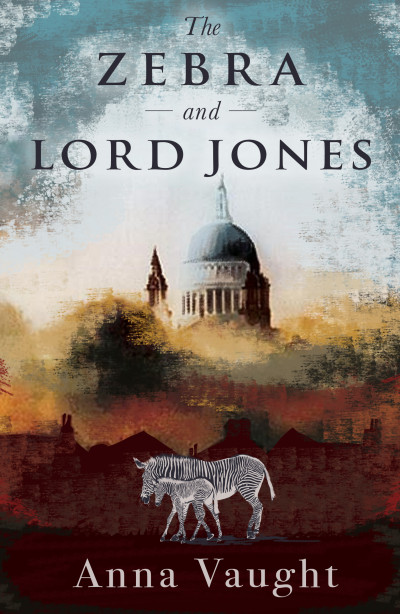Find her here!
https://linktr.ee/bookwormvaught
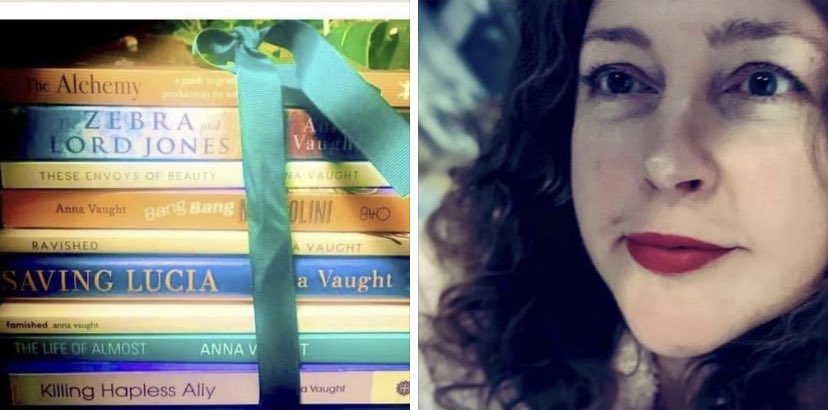
Dr Anna Vaught is an English teacher, mentor and author of ten books, across genre and form, including novels Saving Lucia and The Zebra and Lord Jones, short fiction collection, Famished and teaching book, The Alchemy.
Just out! The new novella.
After the death of her steady, constraining husband, Catherine discovers that grief can be a liberation. With her adult children appalled by her sudden transformations, and a strangely familiar presence in the house urging her on, she begins to test the boundaries of who she might become.
A call arrives on her newly purchased phone – a widower, Alec, still dialling the number once owned by his dead wife. What follows is a transgressive, intoxicating relationship built on longing, lies and the hunger to feel alive.
All the Days I Did Not Live is a haunting exploration of loneliness, taboo and the dangerous, but delicious, magic of reinvention – where freedom comes at a cost and even the ghosts refuse to stay quiet…
From all bookshops to buy or to order or directly from the publisher, Renard Press. Let is know what you think!
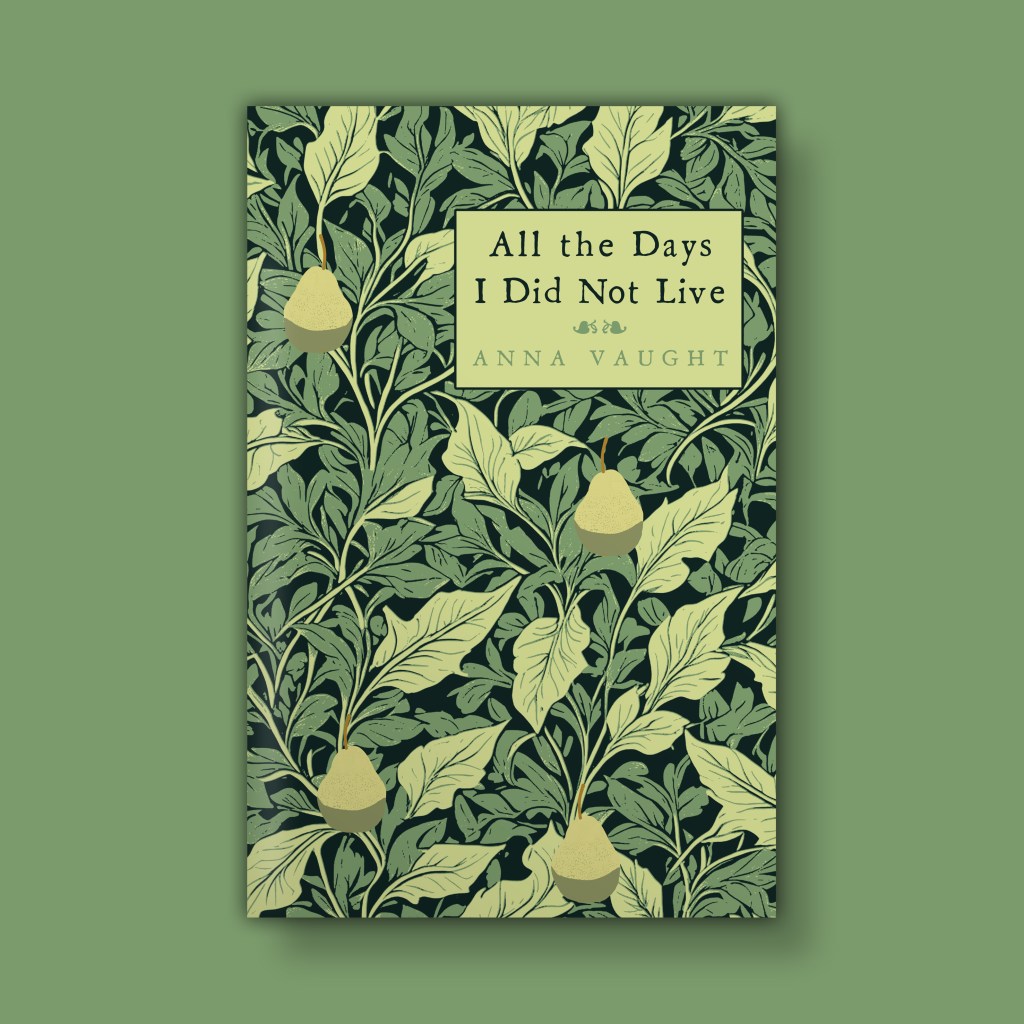
This summer, the Haywood imprint of Renard will be republishing her 2023 memoir in essays, These Envoys Of Beauty, after its original publisher closed earlier this year. The book will have a new introduction and a few new touches, having been a key text in her doctoral research. October 2026 sees the next in her teaching series (following 2023’s The Alchemy) and we hope you love The Elixir. Three more titles beyond these in the series, so that you can build a helpful little library. (Sort of!) In 2022 she created the Curae Prize for writers who were also unpaid carers, and its second anthology is out now, all profits to carers’ charities.

There is so much more to come, and Anna is represented by Clare Coombes at the Liverpool Literary Agency, having recently moved agency. Marjorie’s Day Out, a novel about radicalisation by the far right and how bigotry is born, is currently on submission. Anna is working on two other novels.


Anna has recently completed a PhD by Published Works at York St John on magical realism and trauma, and was previously educated at the universities of Cambridge and Bristol. She is currently mentoring with Jericho Writers and teaching A-level part-time while writing a new novel and a literary self-help series using her PhD content on magical realism and trauma. Anna is passionate about access in the Arts and in 2023 she established the Curae prize for writer-carers; industry-wide support has ensured it will run again in 2025. Anna has also written widely for journals, magazines and anthologies. She has been a columnist for both Mslexia and The Bookseller, and you may find her work in Writers and Artists, Bookbrunch, Lunate, Litro, New Welsh Review, The Independent, Hinterland, Minor Lits and 3:AM, among others.
Anna works alongside chronic illness and has particular interests in trauma and its representation and exploration in literature. She says she was born a magical realist – but you can read about then when her doctorate is in the British Library catalogue! Below are images of some of her sole-authored books.


